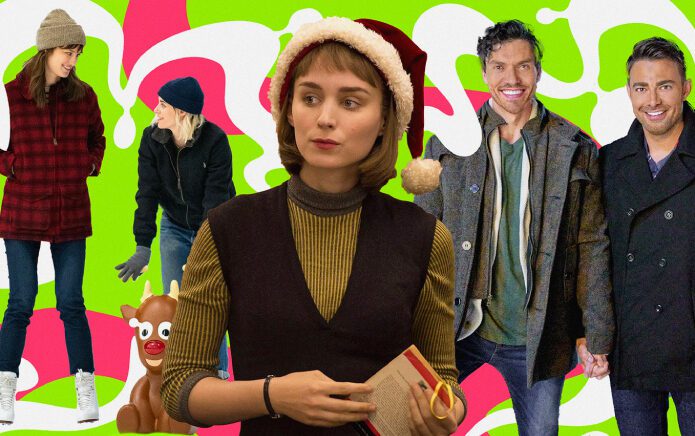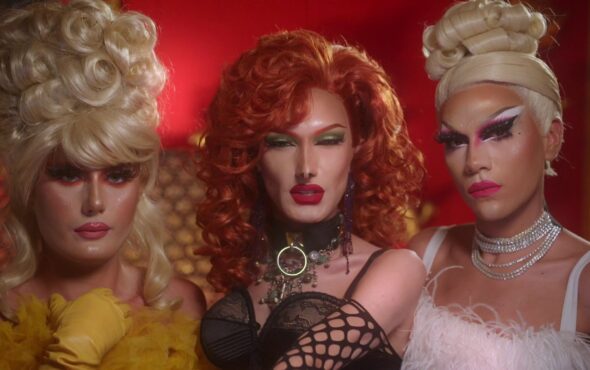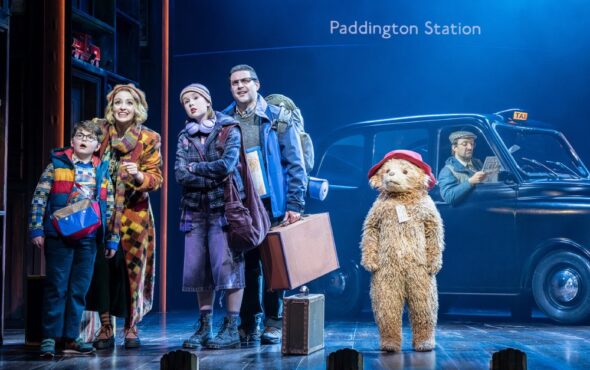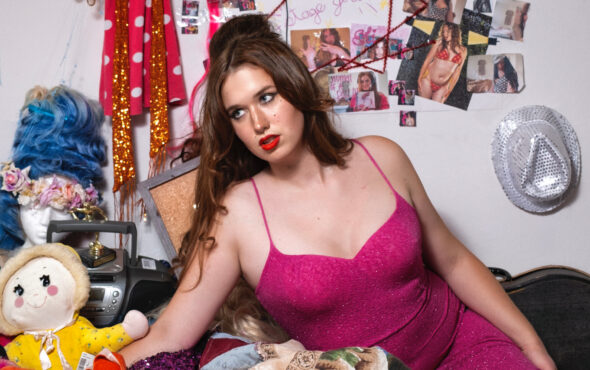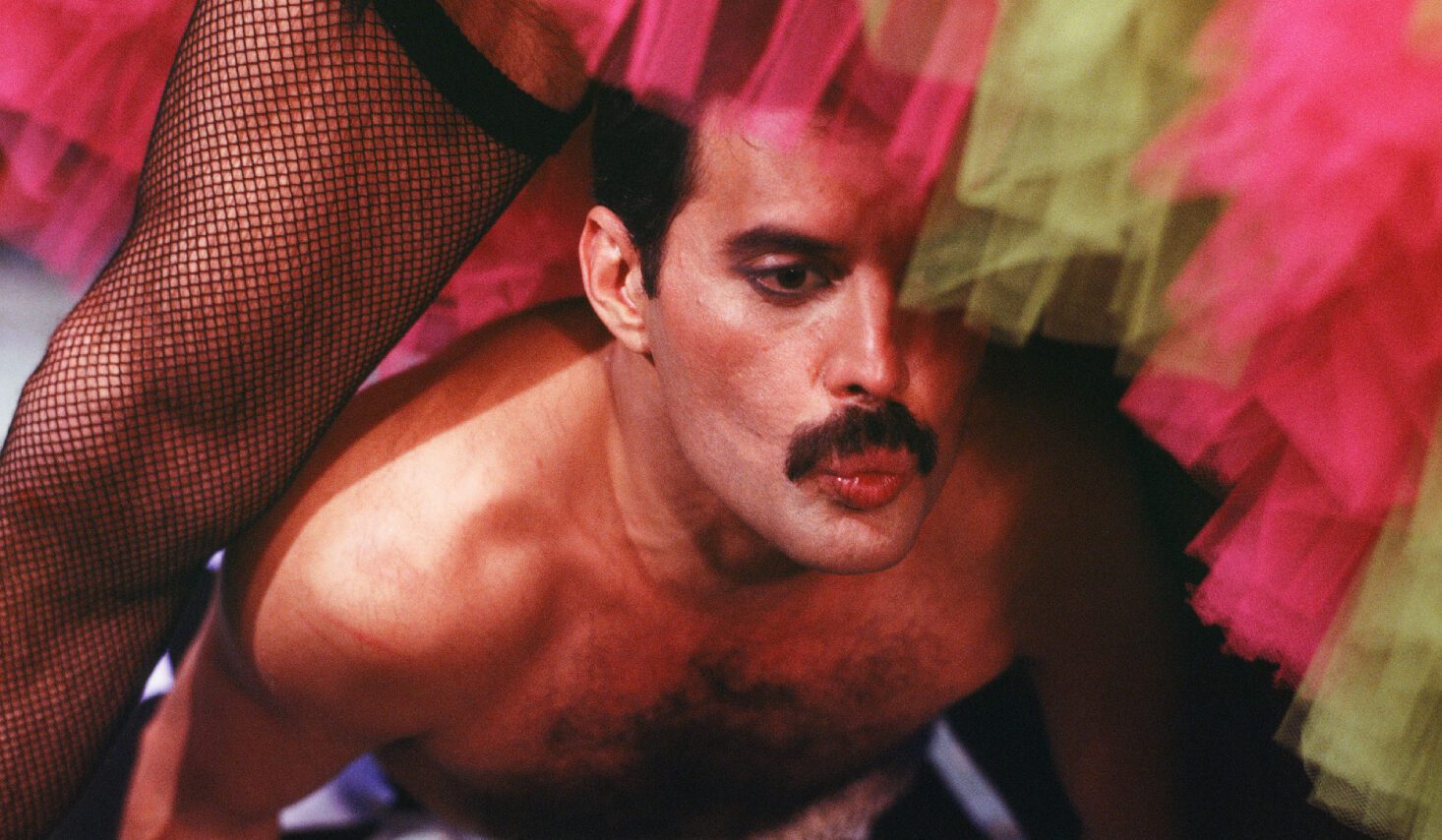
For as long as I can remember, Queen was always being played around my house. From the genre-bending Bohemian rhapsody, the power ballad The Show Must Go On to the beautiful pop-opera crossover Barcelona, listening to their music with my mother was like going on an emotional roller coaster, with Freddie Mercury’s distinctive vocals carrying us through.
Putting Freddie’s legendary vocals aside, watching the elaborate music videos and interviews he was in, I was in awe of how this man took up so much space and was so openly flamboyant and camp. I remember first seeing Queen’s performance of Top of The Tops (1974) when they performed Killer Queen, Freddie immediately grabbed my attention, with a shoulder length shag haircut, painted nails, draped in a fur coat and punctuating verses with rolling expressive hands.
I had till that point never seen a man so confidently express his femininity. Conversely, he could also adapt to being extremely masculine, which he did during the 1980’s when he leaned more towards the leather aesthetic. And although he never formally came out, Freddie never properly hid his sexuality either, with his behaviours and attractions seemingly being openly bisexual. Seeing him express his androgyny in such an assertive and free way, something changed in me. I began to feel more comfortable in myself in terms of allowing myself to express myself in a more androgynous way, and this was the start of me accepting the fact that I was also gay.
This journey of acceptance and coming out was also aided by the legendary status and impact that Freddie Mercury had during the 70’s and 80’s, as it meant that I had an example of an LGBTQ+ person from my parents era to reference to. Younger me figured that if they could like and accept him for who he was, then maybe they could also accept and like me after my coming out. Thanks to Freddie, I had one at least LGBTQ+ figure to look up to and learn from.
Additionally, when watching his music videos later on in his life, I began to notice him looking a bit “poorly” and so I asked my mother if he was ill at the time. She then explained that he had contracted HIV and later developed AIDS, and he died from AIDS related complications. Learning about what HIV/AIDS was at a young age through Freddie encouraged me to look more into LGBTQ+ history and the AIDS epidemic (which is still ongoing of course) and the challenges we have faced throughout history. I had never learnt anything relating to LGBTQ+ history in school.
At the end of last year the BBC documentary Freddie Mercury: The Final Act was released, marking the 30 year anniversary of his early death. This documentary, whilst obviously being mainly focused on the life and death of Freddie and the lengths that Brian May and Roger Taylor had to go to defend their late friend in the wave of bigotry that followed, it also talks to LGBTQ+ men who survived the epidemic and the hardships they faced at the time. I don’t think I’ve ever seen my mother cry more than when she watched this documentary.
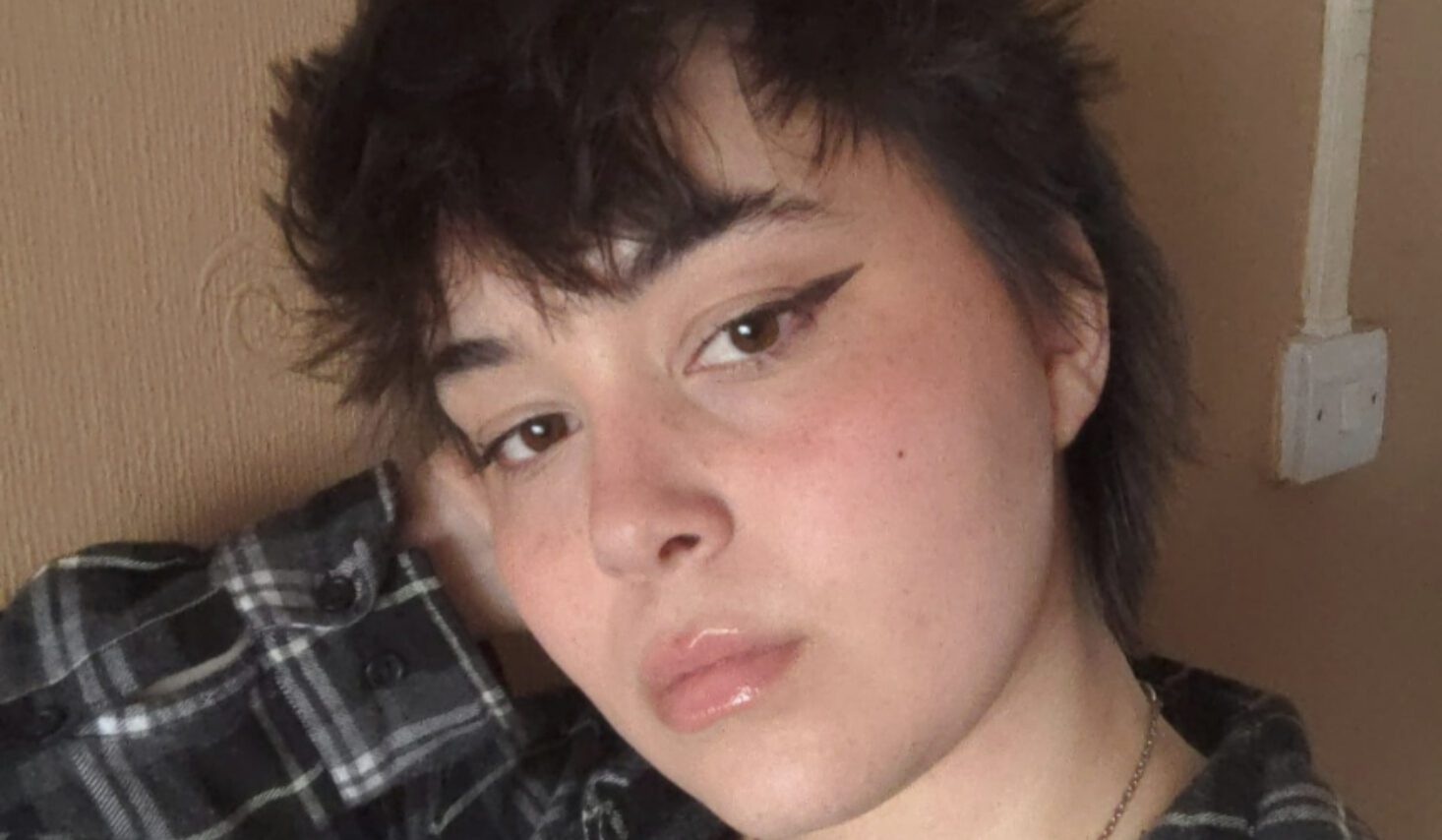
Beside the obvious sorrow and mournfulness I experienced watching it, I felt anger. I was angry at the fact that government officials around the world ignored it for as long as they did as it was labelled a “gay disease”. I was angry at the barriers in healthcare that these people faced on the basis of them being LGBTQ+. I was angry at the stigma that HIV/AIDS had then and now. And I was also angry at the fact I was never properly taught about such an important time in modern history in school.
It is incredibly important that LGBTQ+ history is taught not only for the sake of LGBTQ+ young people, but also for non-LGBTQ+ young people so they can develop empathy and respect for the LGBTQ+ community. Growing up as a young, gay and androgynous person lead for me to experience both direct and indirect homophobia and intolerance in and out of school. It was these combined factors that encouraged me to volunteer as a Just Like Us ambassador, where I can meet and talk to many other LGBTQ+ people about their experiences, alongside speaking to and educating secondary school students on what it’s like to be LGBTQ+.
Thank you, Freddie, for showing that I should never be afraid to be me.
Mikah is a volunteer with Just Like Us, the LGBT+ young people’s charity.
